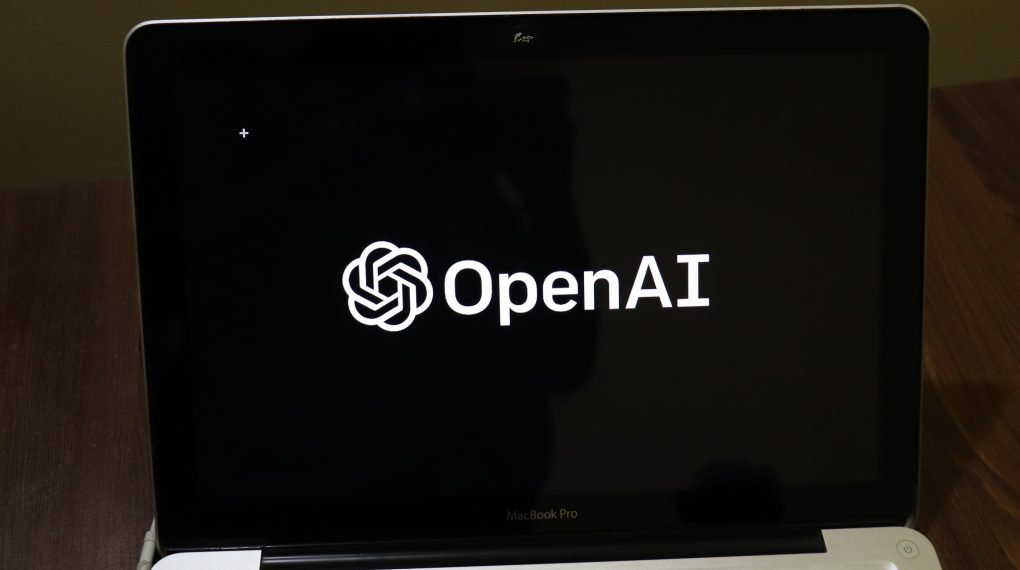ChatGPT and generative AI has changed the game and if you are a wantrepreneur who is aware of product management, software architecture planning, software engineering, development, and dev ops then this is absolutely the right time to get into the game and fulfill the joy of entrepreneurship.
If you do not have certain skills I mentioned above then hire people from a community like connectlink they will get you the resources and people you need for development.
Here is what is possible with GenerativeAPI
In short
| S. No | Name | Resources |
| 1 | Planning | CamelGPT, ChatGPT |
| 2 | Design | Figma, Midjourney |
| 3 | Development | ChatGPT |
| 4 | Support | ChatGPT, pdfGPT |
Going little more In Details
| S. No | Usecase | Name |
| 1 | Writing use case stories | CamelGPT, ChatGPT |
| 2 | Writing User’s Persona | CamelGPT, ChatGPT |
| 3 | Product Research | CamelGPT, ChatGPT |
| 4 | Business Plan making | CamelGPT, ChatGPT |
| 5 | Feature Listing | CamelGPT, ChatGPT |
| 6 | Backend Specs Generation | ChatGPT |
| 7 | Frontend Specs Generation | ChatGPT |
| 8 | Object List and variable listing | ChatGPT |
| 9 | Making Schema | ChatGPT |
| 10 | Writing Controller | ChatGPT |
| 11 | Writing backend Logic | ChatGPT |
| 12 | Writing Frontend API Calls | ChatGPT |
| 13 | Writing test cases | ChatGPT |
| 14 | Best Practices | ChatGPT |
But wait!
You should use ChatGPT and other generative AI to the stuff only if you understand what it is doing. If you aren’t skilled or at least familiar at the topic you are taking AI to complete, you may face a lot of issues.
ChatGPT or Any generative AI is yet not perfect. It is at a stage where it can boost your productivity by 70% but complete dependency isn’t something you should look forward to.
BabyAGI: BabyAGI is a pared-down version of the original Task-Driven Autonomous Agent
A little more context!
- Baby AI
BabyAI, is an open-source platform designed for researchers to train and evaluate various AI agents in a simulated environment.
2. AutoGPT
Tell what to do, give access to the internet and it does without asking too many questions
Auto-GPT is an “AI agent” that, given a goal in natural language, will attempt to achieve it by breaking it into sub-tasks and using the internet and other tools in an automatic loop. It uses OpenAI’s GPT-4 or GPT-3.5 APIs and is among the first examples of an application using GPT-4 to perform autonomous tasks.
3. CamelGPT
2 AI Talks with each other to complete the task. You can define a custom role of your type.
For example: If you a want software development product roadmap then you define 2 roles (A) Entrepreneur (B) Experienced Tech Consultant
Once the roles are defined, you can give your product name and the AI should give you the result you are expecting. You, of course, will have to describe the task in a few lines.
4. AgentGPT
AgentGPT is a platform that allows you to configure and deploy autonomous AI agents. You can name your own custom AI and have it embark on any goal imaginable. It will attempt to reach the goal by thinking of tasks to do, executing them, and learning from the results.
Example: Build a Chrome extension that works like a checklist.

